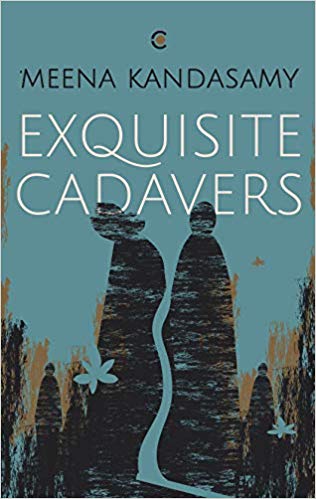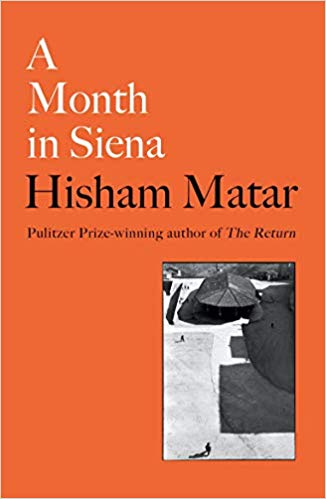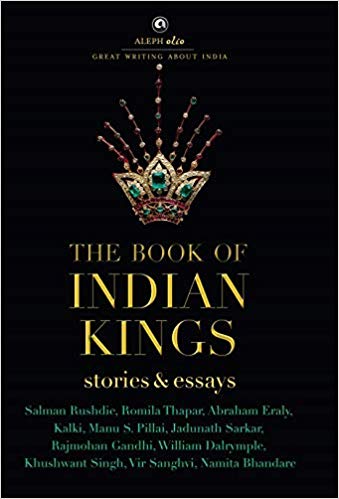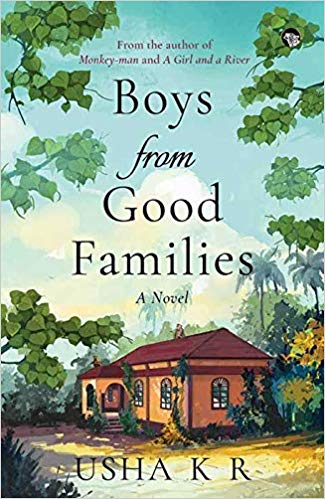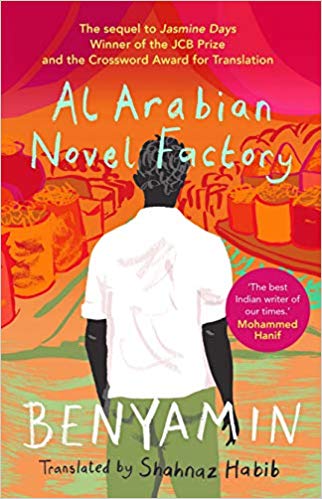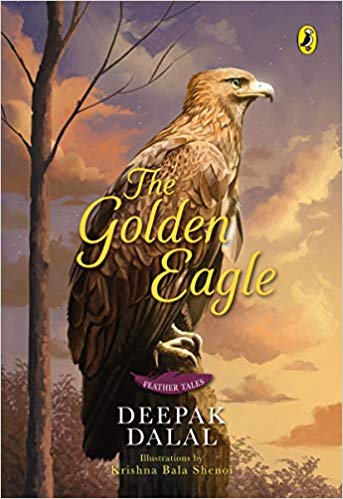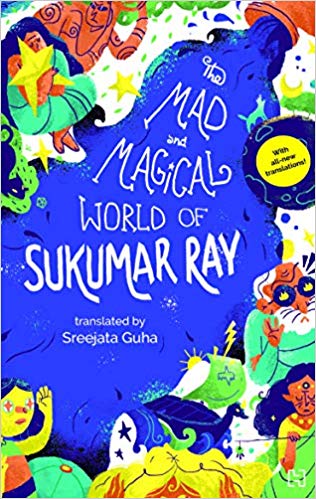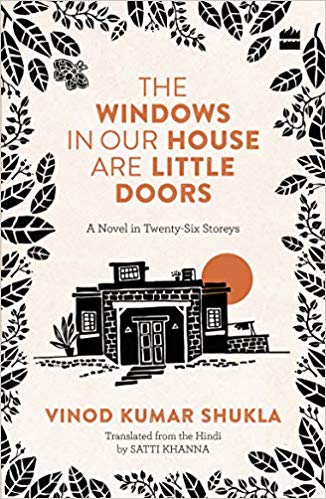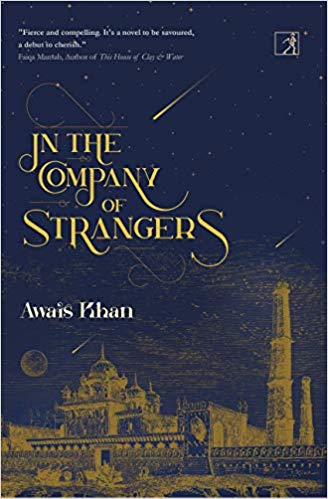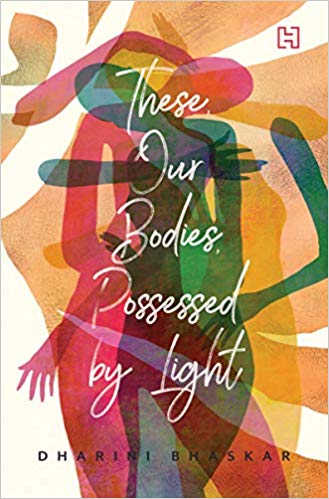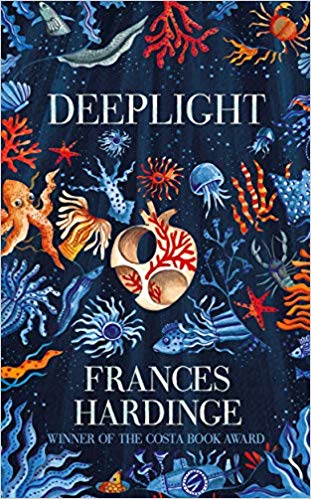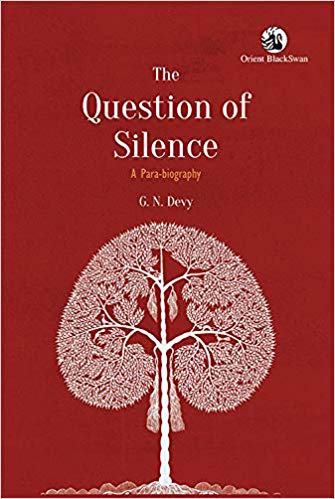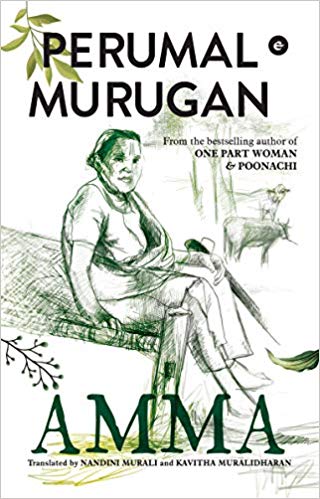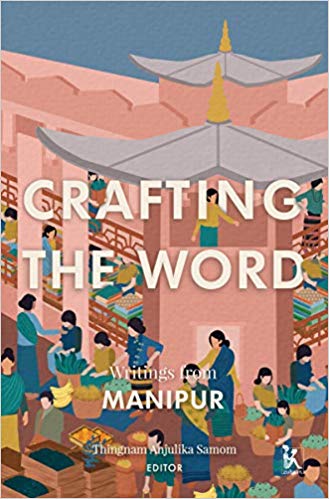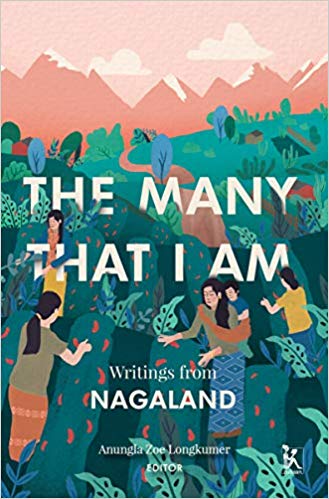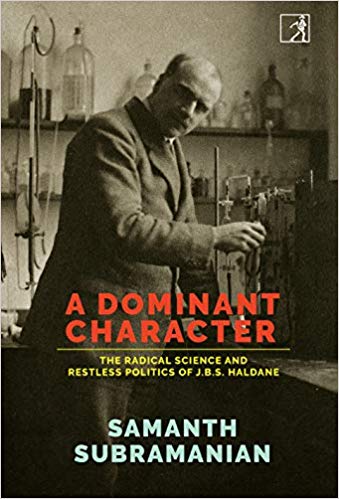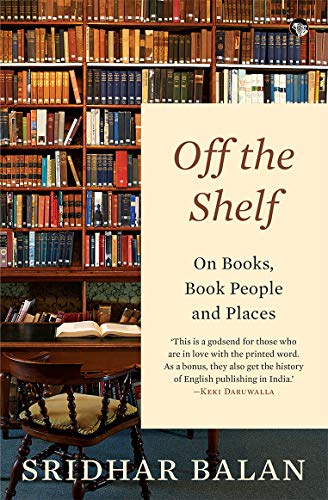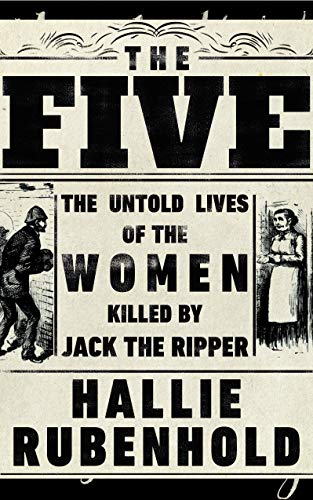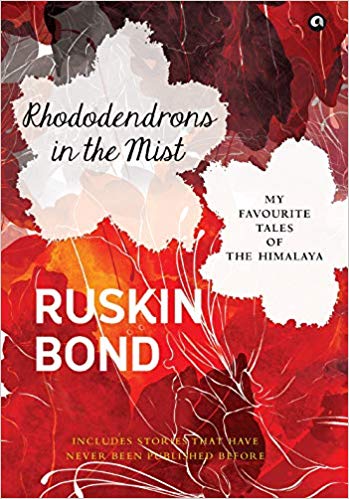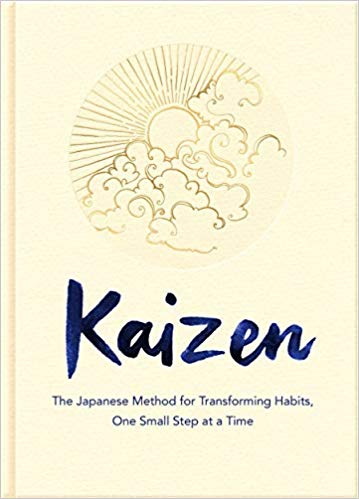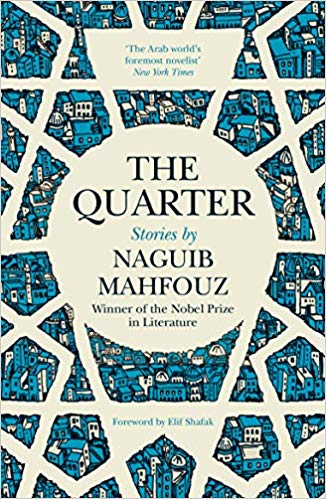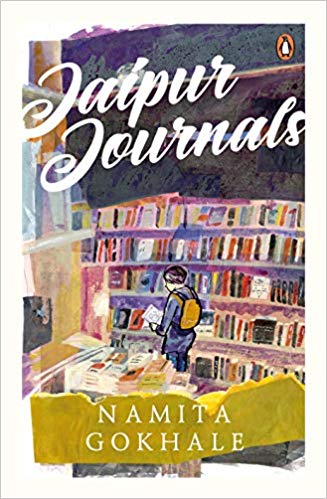( My review of The Return has been published in the Scroll on 10 July 2016. The url is: http://scroll.in/article/811475/as-polls-near-number-of-cases-filed-against-opposition-leaders-in-goa-go-up )
I had never been anywhere so burdened with memories yet also so charged with possibilities for the future, positive and negative, and each just as potent and probable as the other.
Hisham Matar’s third book The Return is a memoir, unlike his previously award-winning novels. He is of Libyan origin, born in New York but now a British citizen living in London. His childhood has been spent in Nigeria, Egypt and the UK. He is the son of a prominent Libyan, Jaballa Matar, who was abducted by the Egyptian secret police and delivered to Muammar Gaddafi. Jaballa Matar vanished.
“He was taken to Abu Salim prison, in Tripoli, which was known as ‘The Last Stop’ – the place where the regime sent those it wanted to forget.” There were rare letters smuggled out of prison, which the family treasured. After a while even those stopped coming. Twenty-two years later, after the Arab Spring of 2011, Hisham Matar returned to Libya. He was accompanied by his mother Fawzia Tarbah and his wife Diana Matar.
The Return is about Matar’s homecoming, so to speak. It is also about his public campaign to put pressure on the Libyan government to provide information about his father’s whereabouts. As Matar says, he is “a very private man”, but he is “writing something way beyond my person”.
Jaballa Matar was a young Army officer under King Idris’s rule. He returned from London to Egypt full of hope when a young soldier named Gaddafi led a coup in Libya. Gaddafi’s dictatorial rule soon manifested itself. All those considered to be close to the previous government were sent out of the country on minor diplomatic missions. Jaballa Matar was sent to the United Nations, where he spent a few years before resigning and returning to Libya.
My father was one of the opposition’s most prominent figures. The organisation he belonged to had a training camp in Chad, south of the Libyan border, and several underground cells inside the country. Father’s career in the army, his short tenure as a diplomat, and the private means he had managed to procure in the mid 1970s, when he became a successful businessman – importing products as diverse as Mitsubishi vehicles and Converse sport shoes to the Middle East – made him a dangerous enemy.
Despite making his home outside Libya, Matara considers himself an exile.
I am often unnerved by exiles I meet who, like me, have found themselves living in London but who unlike me, have surrendered to the place and therefore exude the sort of resigned stability I lack. Naked adoption of native mannerisms or the local dialect — this has always seemed to me a kind of humiliation.
There is a calm pace to the text, almost matching the cadences of Hisham Matar’s serene voice. ( http://www.newyorker.com/podcast/out-loud/hisham-matar-and-david-remnick-on-returning-to-libya ) But the almost lyrical prose cannot mask the horror of the human right violations committed under Gaddafi, which Matar documents. These range from the barbaric torture of the prisoners and the massacre of more than 1200 inmates in Abu Salim prison to snippets of information about Matar’s father.
Matar’s uncle Hmad Khanfore, an aspiring playwright, was incarcerated in prison for 21 years. Upon his release he met his nephew to thank him for the campaign that assured his release. He also recounted the horrors of the massacre.
It began with a group of disobedient prisoners who started a scuffle and tried escaping by jumping the guards. There was firing and some prisoners and guards were killed. But the standoff continued, with water supply to the prisoners being cut off too. By sunset the guards were willing to negotiate with the representatives of the convicts. When they returned they were accompanied by the three senior most figures in the regime:
Abdullah Senussi, who was the intelligence chief and brother-in-law to Gaddafi; Abdullah Mansour, also in intelligence; and Khairi Khaled, the head of prisons and brother of Gaddafi’s first wife…Throughout these exchanges, Senussi was in regular contact with Gaddafi. His phone would ring and he would stand as straight as a reed and start whispering. His phone rang again now, and once more we watched him take a couple of steps away before answering, “Yes, Your Excellency. The situation is completely under control, Your Excellency. Absolutely, we will do exactly that. Rest assured.”
At dawn, before daybreak, the prisoners were matched into the big open courtyard where rows and rows of soldiers were standing, dressed for battle, with several of them poised in firing positions. The dead prisoners were dumped into rubbish bins and rest of the prisoners handcuffed – Israeli cuffs, their latest design. “A thin plastic wire that drew tighter with the slightest resistance. You felt the pain not so much around the wrists but inside the head.” Later, six courtyards were filled with the prisoners and the shooting began. Surprisingly, Matar’s uncle Hmad, his brother Ahmed, Uncle Mahmoud, Cousin Ali and a couple of others from the Ajdabiya Group, the opposition and from the 1990 case were spared. They “witnessed” the execution from their cells by hearing the sounds.
Of course, memory plays a role.
I am not sure if my recollections… are accurate or if they have been affected by my state at the time. Either way, this is how I remember it.
At this point in the text he is referring pointedly to his meeting with Gaddafi’s son and entourage in London to enquire about his father but it is an observation that holds true for the entire narrative. Despite lobbying with the British government to help extricate information from the Libyan government about his father Matar was unsuccessful in finding out whether his father was alive or dead. He had become so desperate that at the height of the campaign he wrote a letter to Gaddafi’s son, Seif el-Islam, detailing the known facts of his father’s case and asking them to clarify his fate.
I was a desperate man, willing to talk to the devil in order to find out if my father was alive or dead. That was how I was then; I am no longer like that now.
The Return is about the loss of a father. A masculine text in that sense. Perhaps has to be, since it is wholly preoccupied with Matar’s search for his father. This is echoed throughout the book, as he invokes other renowned literary texts that focus on the father-son relationship, such as the one between Odysseus and Telemachus.
But it is also evident in, for instance, the way Matar refers to his mother, who is a big pillar of support to him and his brother, as “Mother”. She is introduced by her name only two-thirds into the book, when it is mentioned by a grateful Libyan whose family had been provided shelter by the Matars.
And yet Matar does recognise and acknowledge the invaluable contribution women make to surviving in a conflict zone, especially with their insistence on information from the authorities about missing relatives. This is a common feature of gendered participation in conflict and post-conflict zones. And it happened in Libya too.
…from 2001 onwards, mothers and wives began to camp outside Abu Salim prison, holding framed photographs of their sons and husbands. Their grief was never acknowledged. They kept growing in number, until the moment when a young human rights lawyer decided to defy the wishes of the dictatorship and take up the case of the families. When in 2001 he was detained, they all marched to the Benghazi courthouse to demonstrate against his arrest.
The Return is a heartrendingly painful but dignified memoir. It is disconcertingly beautiful.
Hisham Matar The Return Penguin Random House UK, London, 2016. Pb. pp. 280. Rs 599
4 July 2016

